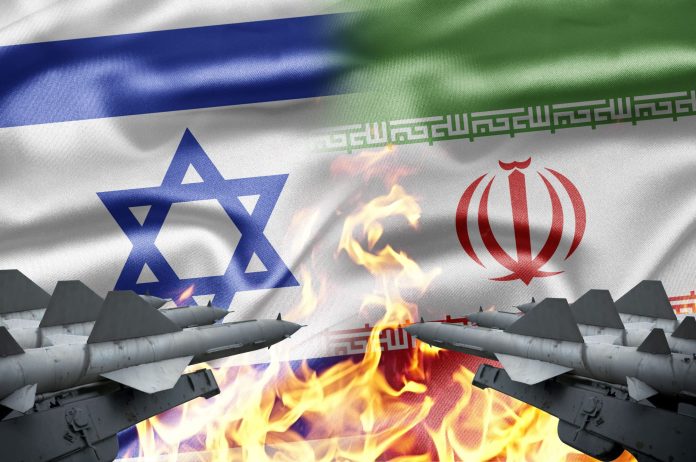If Washington decides to enter a bad nuclear deal with Tehran, there is little Israel can do to stop it.
The calming messages from Washington that a final nuclear deal with Iran is still far off seem to be more a method of desensitizing Israel and less of an indication than there are serious disputes between the U.S. and Iran that cannot be overcome.
The reason is simple: Both sides want the deal and are not interested in passing the point of no return. One needs to listen to what is being said in Tehran to understand how the Iranians have managed to skip lightly over what the U.S. presented as an important success in the negotiations, which is that Iran supposedly gave up its demand that the Iranian Revolutionary Guard Corps (IRGC) be removed from the U.S. list of terrorist entities.
First of all, the Iranians are now saying that this had never been a dealbreaker. Second, the Americans have promised to continue discussing the subject after a deal is signed. Third, as far as the Iranians are concerned, “As long as the IRGC remains on the Americans’ list of terrorist organizations, CENTCOM will remain on ours.” That’s not a joke.
The sad part of the story is that the trick the Iranians pulled in regard to the IRGC was seen by the Americans as justification for signing the new deal. What’s even sadder is that the sanctions applied to the IRGC haven’t prevented it from threatening to undermine regimes and individuals in the Middle East and beyond.
READ ALSO: Israel refuses to allow Wֿest Bank Palestinians to fly out of Ramon Airport
On the whole, the true test of the nuclear deal before it is signed has nothing to do with the IRGC, but with three major issues: First, whether it brings Iran back into the field of uranium enrichment, where it has both reached a high level and started removing it from its borders. Second, whether the deal clearly mandates that Iran stop using its advanced centrifuges and increases oversight of them. Third, whether the Americans demanded and Iran has agreed to extend the term of the deal until the date when all restrictions on Iran’s nuclear activity will be lifted. We still don’t know if these issues have been resolved.
Israel and the negotiators on the American and European sides agree on one thing: Iran is not to be trusted. The proof is that the Iranians agreed to drop their demand on the IRGC listing, but not their demand that an international investigation into enriched uranium discovered at three nuclear sites be stopped. If they don’t intend to fool anyone, what do they have to hide?
Israel has no real way of stopping the Biden administration if it decides to enter into a bad Iran deal with eyes wide open. Instead, Israel needs to focus its efforts on ensuring that it has American backing and freedom of operation against Iran if it turns out that Tehran is moving towards a bomb. The U.S. Congress can delay the removal of sanctions on Iran, and the Republicans will be trying to regain control of it in the midterm elections.
Click Here to Read The Original Post













